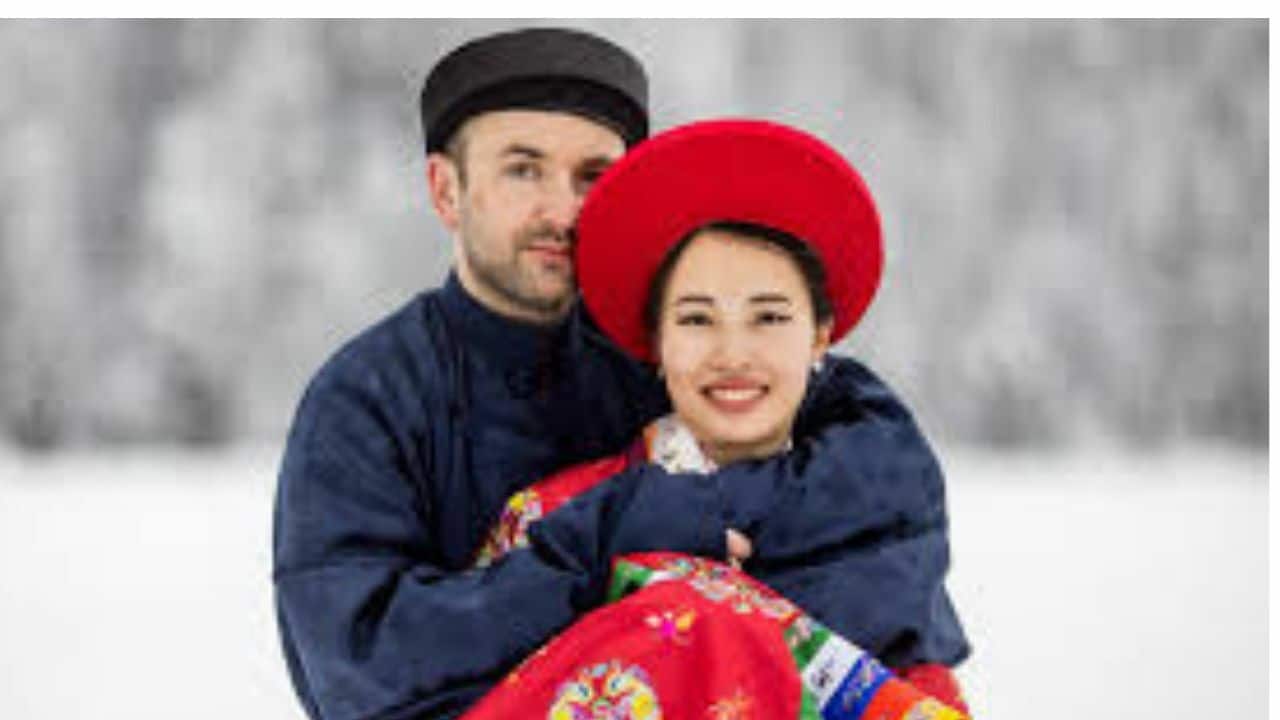Vietnamese passport dreams are made of this, leaving Thailand behind
Red tape slashed as Hanoi opens doors to foreign family ties

Vietnam has torn up the red tape for foreigners with local family, making it easier than ever to bag a Vietnamese passport, no lingo, no money, and no five-year wait required, leaving Thailand behind.
Foreigners married to Vietnamese citizens, or with family roots in the country, can now apply for citizenship without needing to speak the language, prove they can pay their way, or even live in the country, thanks to sweeping changes passed by Vietnam’s National Assembly yesterday, June 24.
The updated Law on Vietnamese Nationality throws open the doors to naturalisation for foreign nationals and stateless persons with Vietnamese spouses, children, parents, or grandparents.
Gone are the once-stringent requirements that demanded fluency in Vietnamese, financial self-sufficiency, and five years of continuous residency. The changes remove some of the key hurdles that had long discouraged would-be applicants from taking the plunge.
The new rules also apply to foreigners who have made “special contributions” or shown “proven benefits” to the country, though what exactly that means remains a little vague at the moment, reported VN Express.
However, applicants will still need to respect Vietnamese laws, embrace local customs, and be deemed legally competent. In cases where a child is applying alongside a Vietnamese parent, the legal capacity rule will be waived.

Justice Minister Nguyen Hai Ninh said the law aims to “encourage integration while supporting national development.”
He added that Vietnam hopes to attract more skilled professionals, investors, scientists, and experts from abroad.
ดูโพสต์นี้บน Instagram
Another headline change allows some new citizens to retain dual nationality, if they have Vietnamese relatives and receive approval from the president.
Those living overseas can now apply through Vietnamese embassies or consulates, rather than needing to come to Vietnam in person.
There’s even more flexibility on names. While most new citizens must adopt a Vietnamese name (or one from the country’s 53 recognised ethnic groups), dual nationals will be allowed to combine a Vietnamese name with their original name, both of which will be listed in official documents.
Some lawmakers had called for even looser naming rules to reflect Vietnam’s growing global reach.
How does it compare to Thailand?
Vietnam’s move contrasts sharply with neighbouring Thailand, where foreigners face a far more daunting road to citizenship. Applicants there must typically live in the country for five years, speak Thai, show financial stability, and pass a tricky interview process. Dual citizenship is technically banned, though in practice, some exceptions are quietly tolerated.
By cutting the bureaucracy, Vietnam has signalled a bold shift towards embracing its diaspora and international ties, while Thailand continues to keep tight control over its naturalisation process.
Latest Thailand News
Follow The Thaiger on Google News:


























